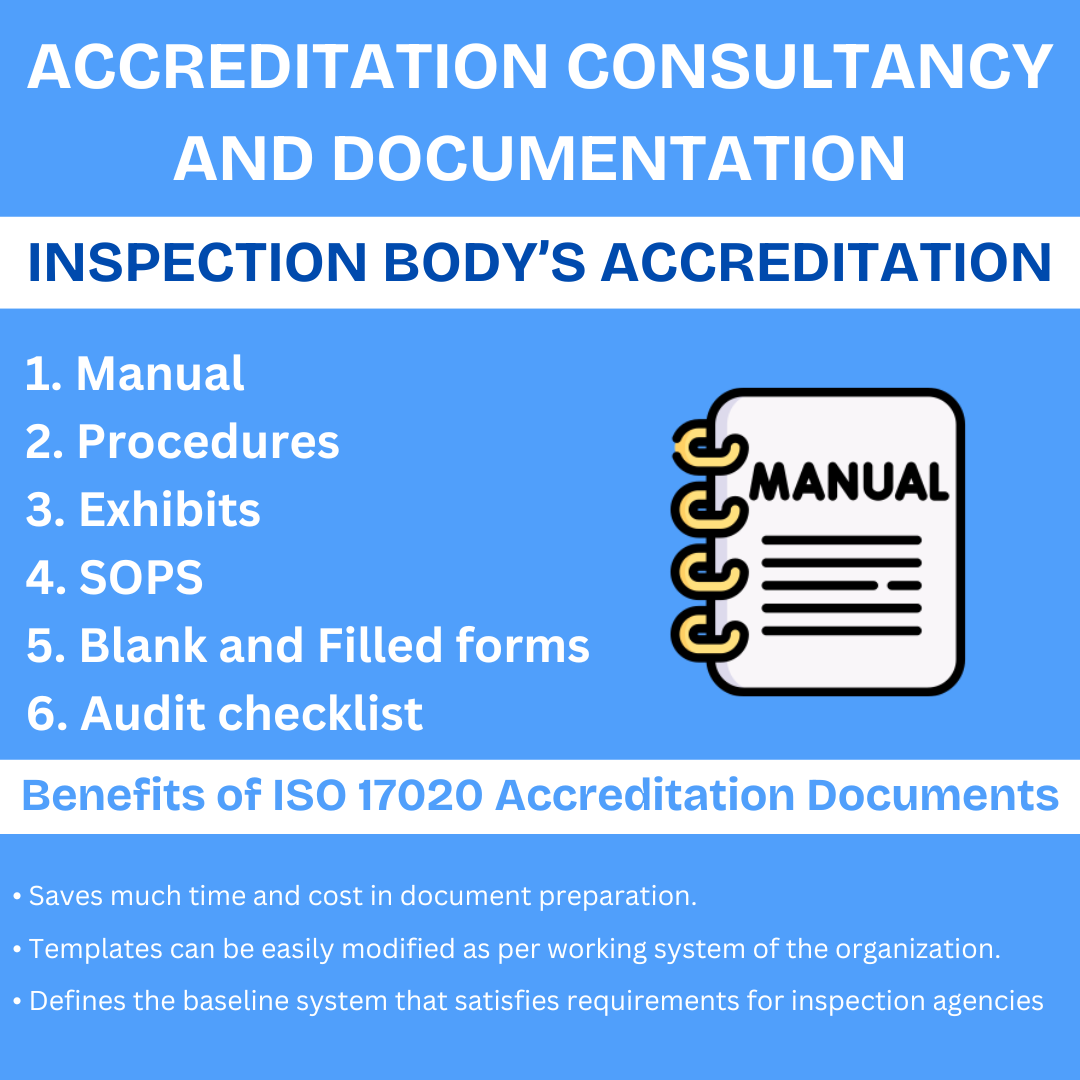 On-Page SEO Optimization – Fix Hidden Errors Killing Rankings!
On-Page SEO Optimization – Fix Hidden Errors Killing Rankings!
Common Nonconformities in ISO 15189 Documentation and How to Fix Them
Written by Accreditation Consultancy » Updated on: July 14th, 2025

Medical laboratories often face challenges related to documentation. ISO 15189 emphasizes the need for a well-structured quality management system (QMS), supported by accurate and effective documentation. Nonconformities in documentation are among the most frequent findings during internal or external audits. Understanding these common issues can help laboratories stay compliant and maintain accreditation with confidence.
What Are Documentation Nonconformities?
Documentation nonconformities are deviations, errors, or omissions in a laboratory’s documented quality management system (QMS) that do not comply with the requirements of ISO 15189. These nonconformities are usually discovered during internal audits, external assessments, or day-to-day operations, and they signal that something is missing, incorrect, outdated, or not properly implemented in the documentation process.
Common Documentation Nonconformities in ISO 15189
1. Missing or Incomplete Quality Manual
The quality manual is a foundational document in a medical lab’s QMS. It outlines the scope, processes, and policies that meet ISO 15189 requirements.
• Problem: Many labs submit manuals that lack essential elements like documented procedures, process interactions, or management responsibilities.
• Solution: Review ISO 15189 Clause 4.2 carefully. Ensure your quality manual includes a clear outline of the quality policy, objectives, scope of services, and how each ISO clause is addressed.
2. Outdated or Uncontrolled Documents
Uncontrolled documents or outdated procedures can lead to inconsistent practices and audit failures.
• Problem: Using obsolete versions of SOPs or having documents without revision history.
• Solution: Implement a document control system that includes version tracking, review dates, authorized approval, and controlled distribution. Regularly review and update documents to reflect current practices.
3. Incomplete Standard Operating Procedures (SOPs)
SOPs are essential for ensuring accuracy and repeatability in lab procedures.
• Problem: SOPs lacking sufficient detail, or written in overly technical language that staff do not understand.
• Solution: Develop SOPs using a clear, standardized format. Include purpose, scope, responsibilities, materials, step-by-step procedures, and safety considerations. Make sure they are user-friendly and accessible to staff.
4. Inadequate Records of Quality Activities
ISO 15189 requires thorough documentation of quality-related activities like internal audits, corrective actions, and management reviews.
• Problem: Missing or incomplete audit reports, corrective action forms, or meeting minutes.
• Solution: Assign responsibility for recordkeeping. Maintain well-organized logs for internal audits, nonconformities, CAPAs (Corrective and Preventive Actions), and management review outputs. Use templates to standardize documentation.
5. Improper Risk Management Documentation
Risk-based thinking is a requirement in the latest version of ISO 15189.
• Problem: Risk assessments are either generic, incomplete, or missing altogether.
• Solution: Identify key risks in your lab operations (e.g., specimen mislabelling, equipment failure). Create risk registers, mitigation plans, and review mechanisms. Document and periodically update them based on outcomes and changes.
6. Lack of Staff Training Records
Training records demonstrate staff competence and support compliance.
• Problem: Missing evidence of training, competency assessment, or qualifications.
• Solution: Create individual staff files containing training schedules, completion certificates, observation checklists, and competency assessment forms. Keep them updated and audit-ready.
7. Non-Compliance with Document Control Procedures
Having a document control procedure is not enough if it's not followed in practice.
• Problem: Staff bypass formal document approval or use unauthorized copies.
• Solution: Train staff on document control policies. Use electronic document management systems (EDMS) with access control, approval workflows, and automatic version updates.
How to Prevent Documentation Nonconformities
• Conduct Regular Internal Audits: Schedule quarterly or bi-annual audits focused specifically on documentation.
• Assign QMS Roles: Designate a document controller or quality officer responsible for document integrity and version control.
• Use Checklists: Create ISO 15189 compliance checklists for document reviews.
• Train Staff: Ensure staff are trained not just in procedures, but also in the importance of documentation practices.
• Digital Tools: Adopt software tools to automate document control, reminders, and review cycles.
Conclusion
ISO 15189 documents-https://www.accreditationconsultancy.com/iso-15189-accreditation-consultancy.htm are vital for establishing a strong quality management system in medical laboratories. These documents, including the quality manual, procedures, standard operating procedures (SOPs), and records, serve as the foundation for consistent and reliable laboratory operations. They ensure that all processes are well-defined, traceable, and in compliance with international standards. Proper documentation supports staff training, improves communication, and helps identify and correct nonconformities. It also plays a crucial role during internal audits, management reviews, and accreditation assessments. Laboratories that maintain comprehensive and up-to-date documentation can demonstrate their competence, enhance patient safety, and continuously improve their services. In addition, ISO 15189 documentation ensures legal defensibility and builds trust with stakeholders, including patients, clinicians, and regulatory bodies. Ultimately, well-maintained ISO 15189 documents are essential not just for accreditation, but for ensuring the delivery of high-quality diagnostic services and fostering a culture of excellence and accountability.
Note: IndiBlogHub features both user-submitted and editorial content. We do not verify third-party contributions. Read our Disclaimer and Privacy Policyfor details.
Copyright © 2019-2025 IndiBlogHub.com. All rights reserved. Hosted on DigitalOcean for fast, reliable performance.













